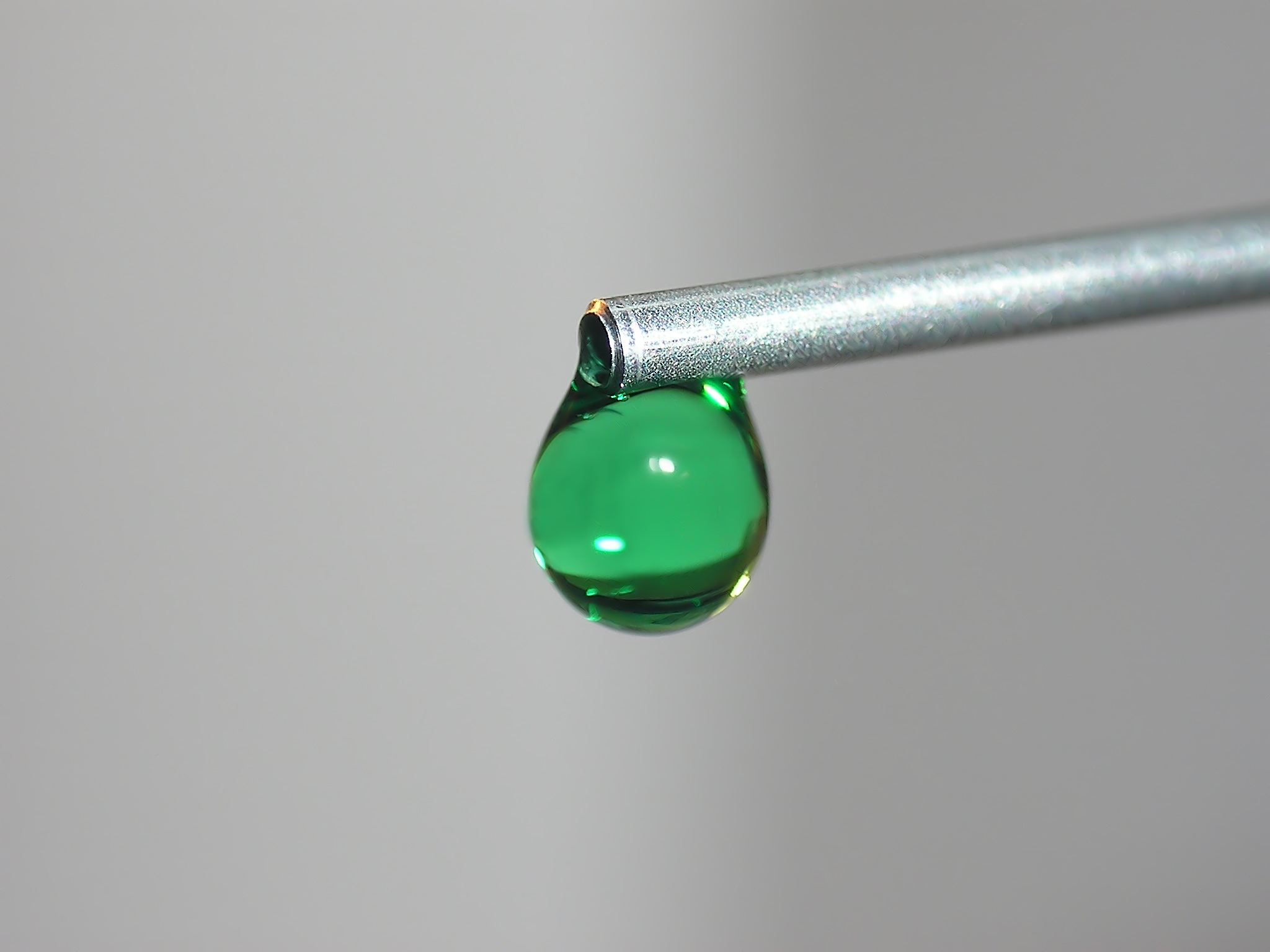
WEDNESDAY, May 6, 2015 (HealthDay News) — A natural “love hormone” appears to give mothers the motivation to soothe and care for an upset newborn, Indiana University researchers report.
Brain activation of the hormone, oxytocin, has long been linked to “feel good” responses such as nurturing, sex and physical intimacy, the research team noted. In the new study, the researchers wanted to see how it might work to direct new mothers toward the caring of infants, and away from other concerns, such as sex.
“We know there are tradeoffs in terms of sexual responsiveness and in terms of attention to a new infant, who requires care and affection,” study senior author Julia Heiman said in a university news release. She is a senior research fellow at the university’s Kinsey Institute.
The study involved mothers who had given birth within six months, as well as childless women. Heiman’s team gave the participants a nasal dose of oxytocin or a placebo, and then asked them to look at a number of pictures, including those of crying babies, smiling infants and sexual activity. They also looked at “neutral” images, such as nature scenes.
As the women viewed the images, their brain activity was monitored with imaging technology.
Whether or not they had children, women given oxytocin had a significant increase in activity in a region associated with the brain’s reward system as they viewed crying infants.
And what about attention paid to sex? The study found a general diminishing of sexual desire among the new mothers, although the effect varied.
That makes sense, Heiman said, because “from an evolutionary perspective, this a nurturing period, a time of focus and bonding with a new baby, whose life and future depend on attentive parenting.”
Since oxytocin is connected to significant mothering-related behaviors such as breast-feeding and bonding, the activation of the brain’s reward system in response to a crying baby may motivate women to care for infants in distress, the researchers theorize.
But why didn’t they respond to the smiling infants? Since most adults have similar, positive responses to smiling babies, greater activation in this area of the brain may not be found, the study authors suggested.
“There remains a lot to uncover about this early phase of life and how the key players adapt,” said Heiman, who is also a professor of psychological and brain sciences at the university.
The study was published recently in the journal Hormones and Behavior.
More information
The American Psychological Association provides more about oxytocin.
Copyright © 2026 HealthDay. All rights reserved.

